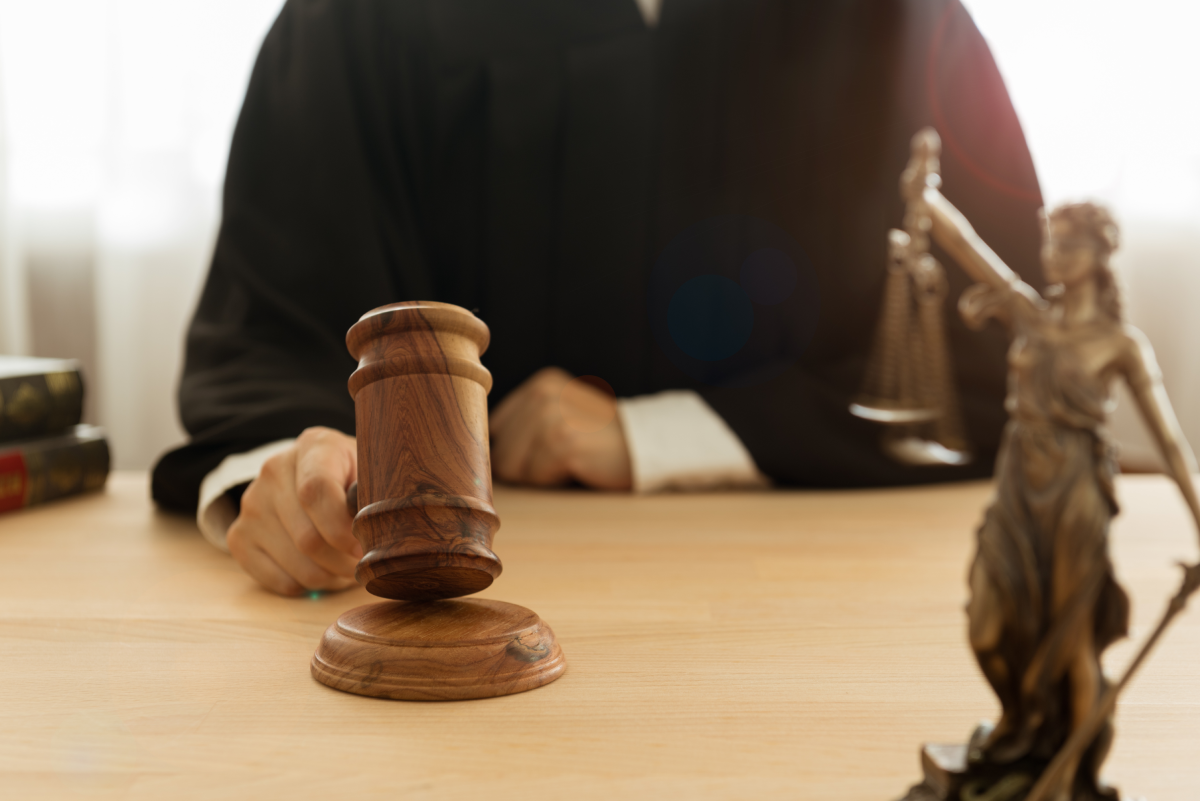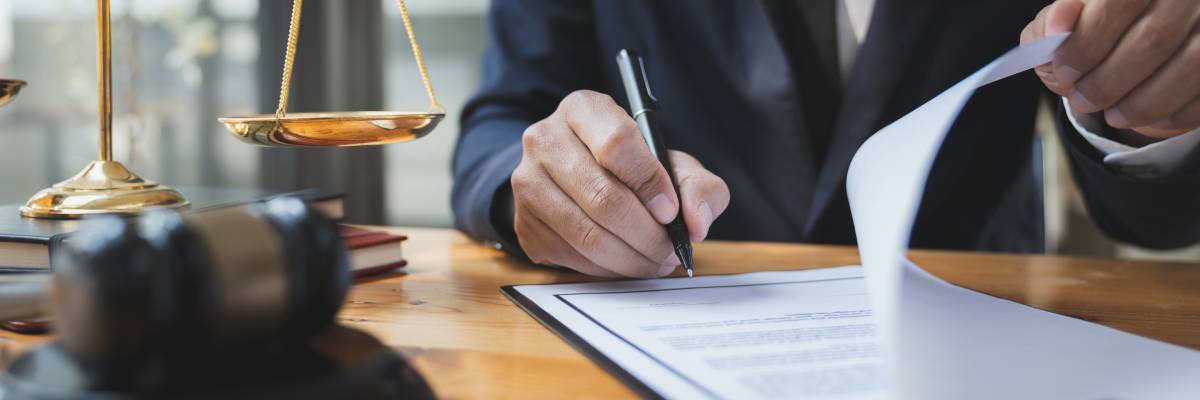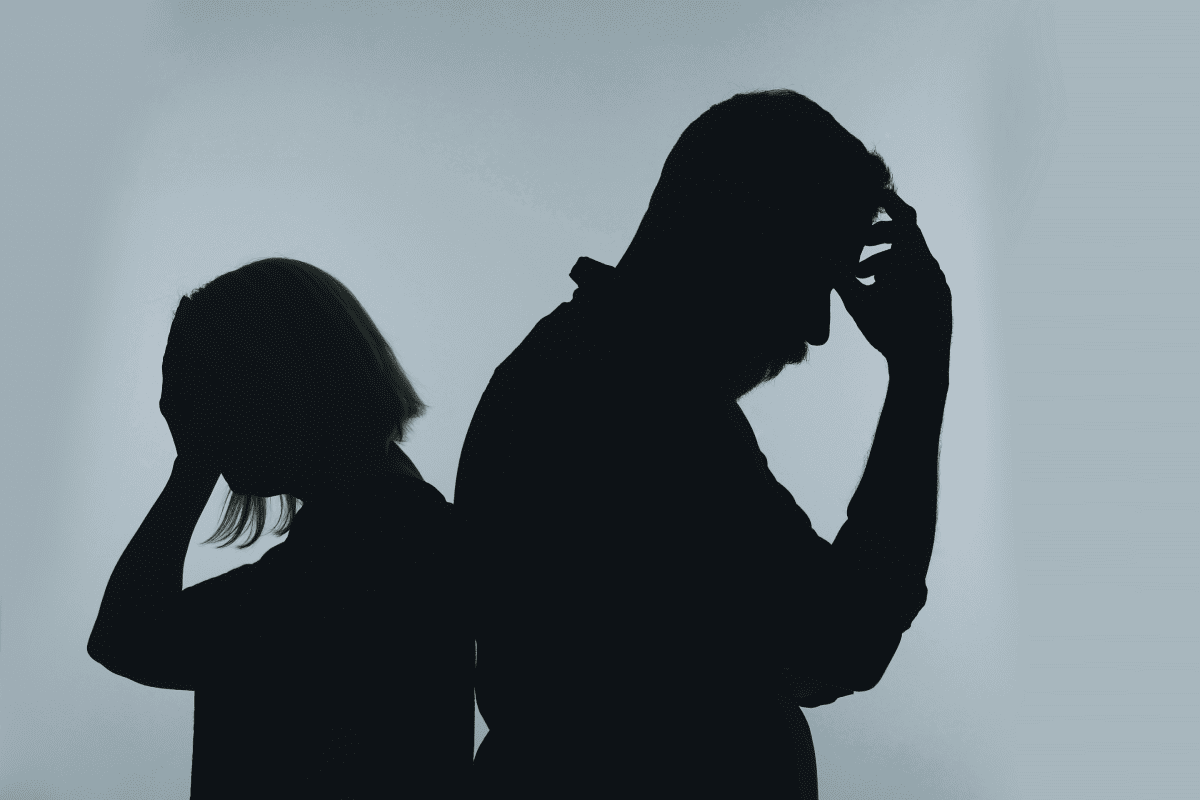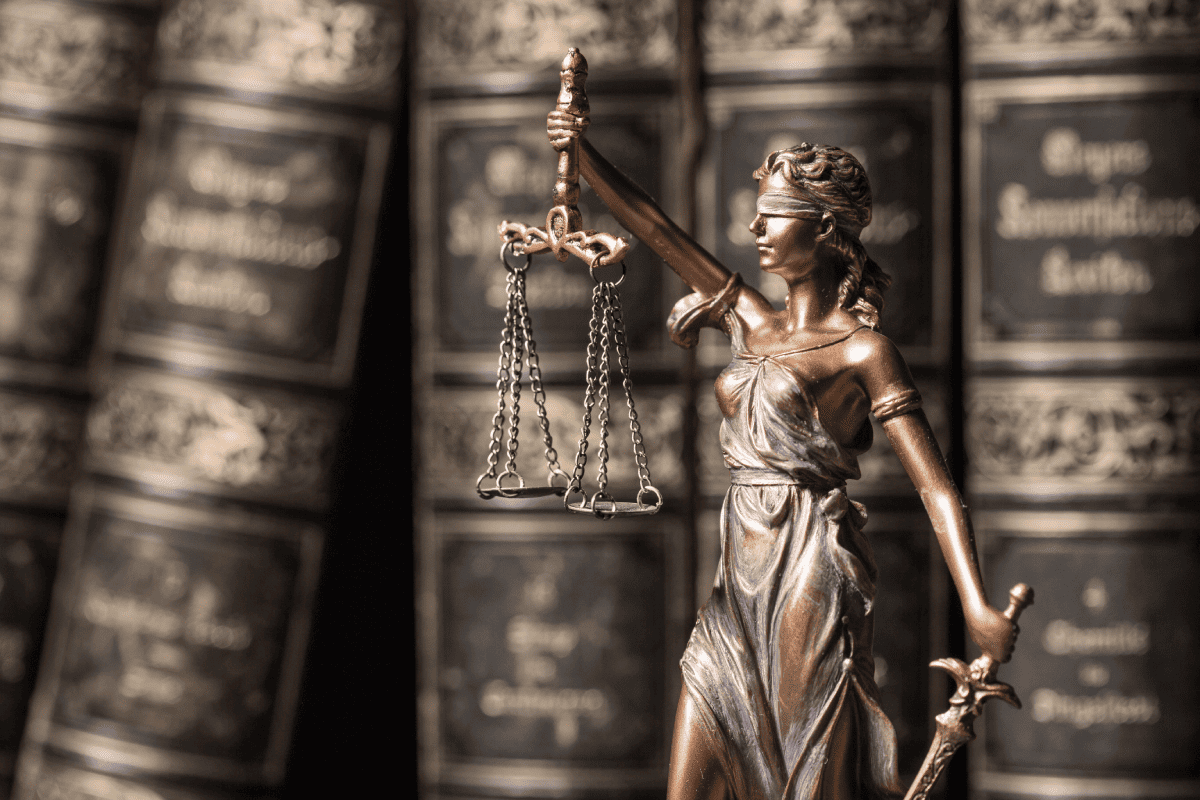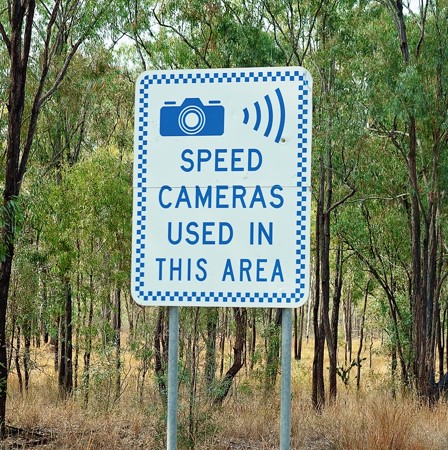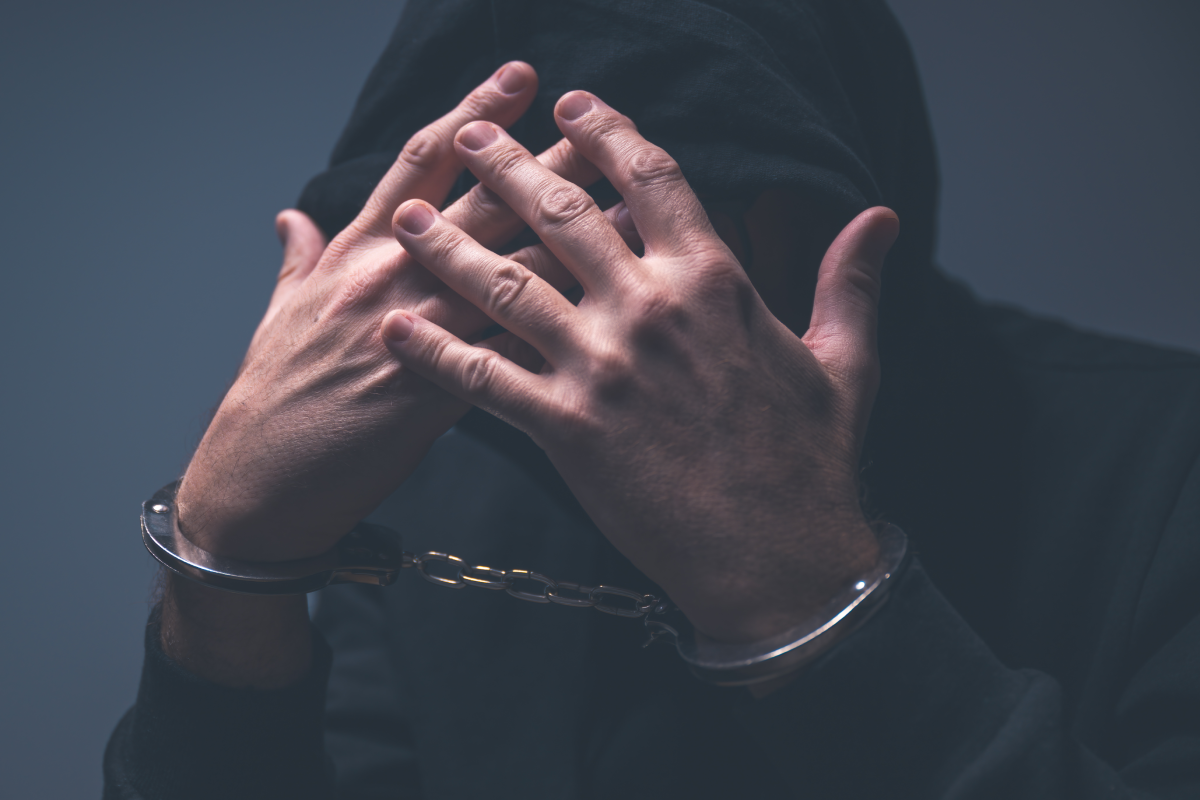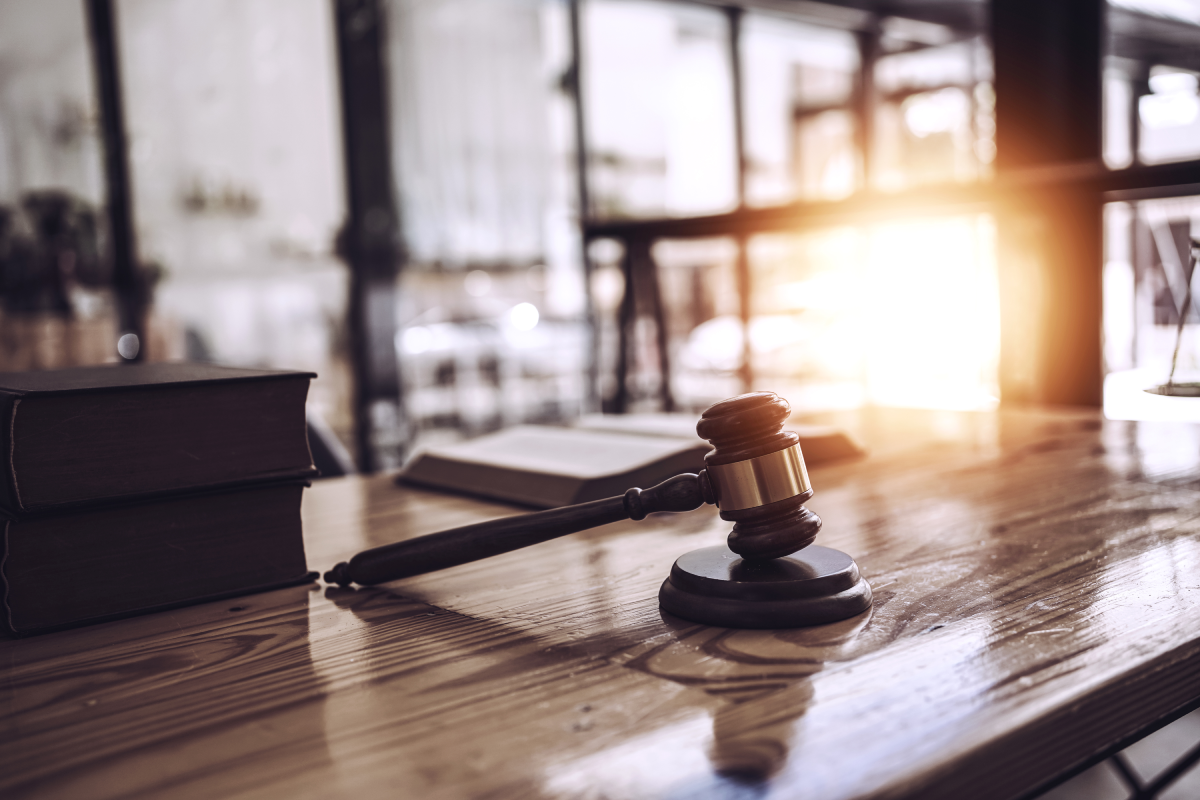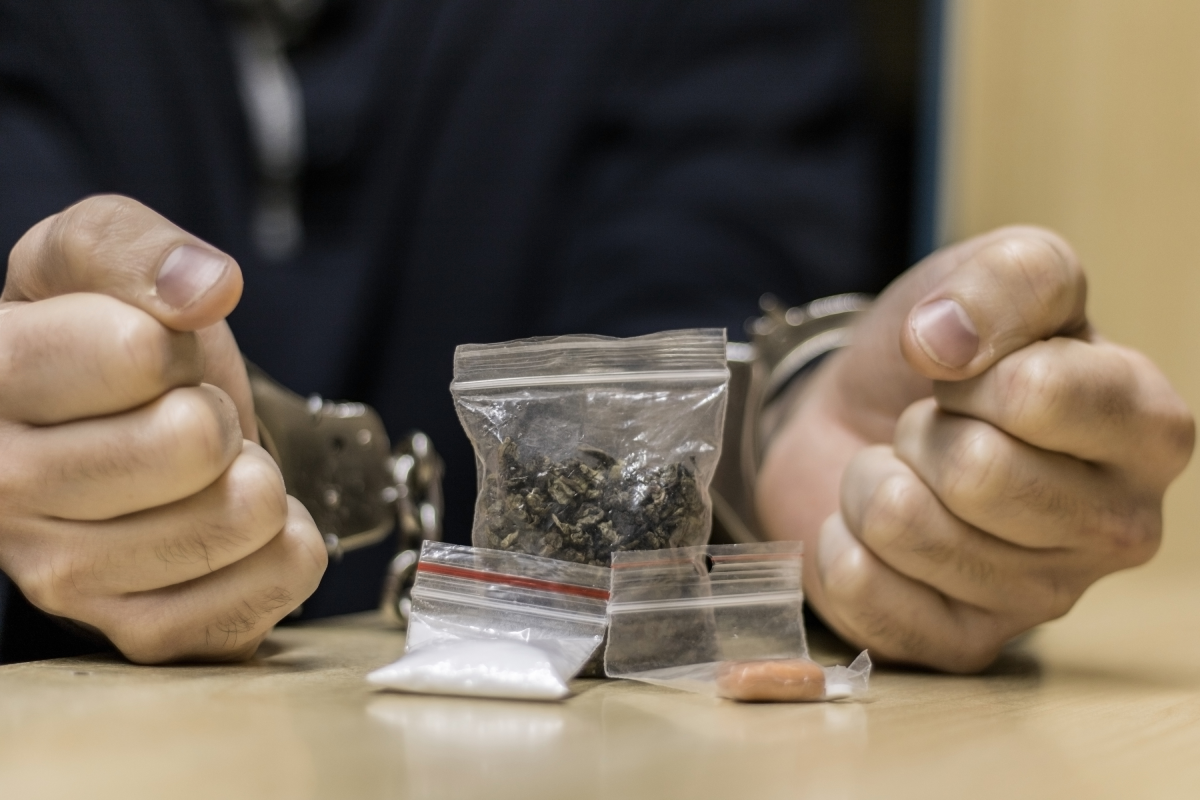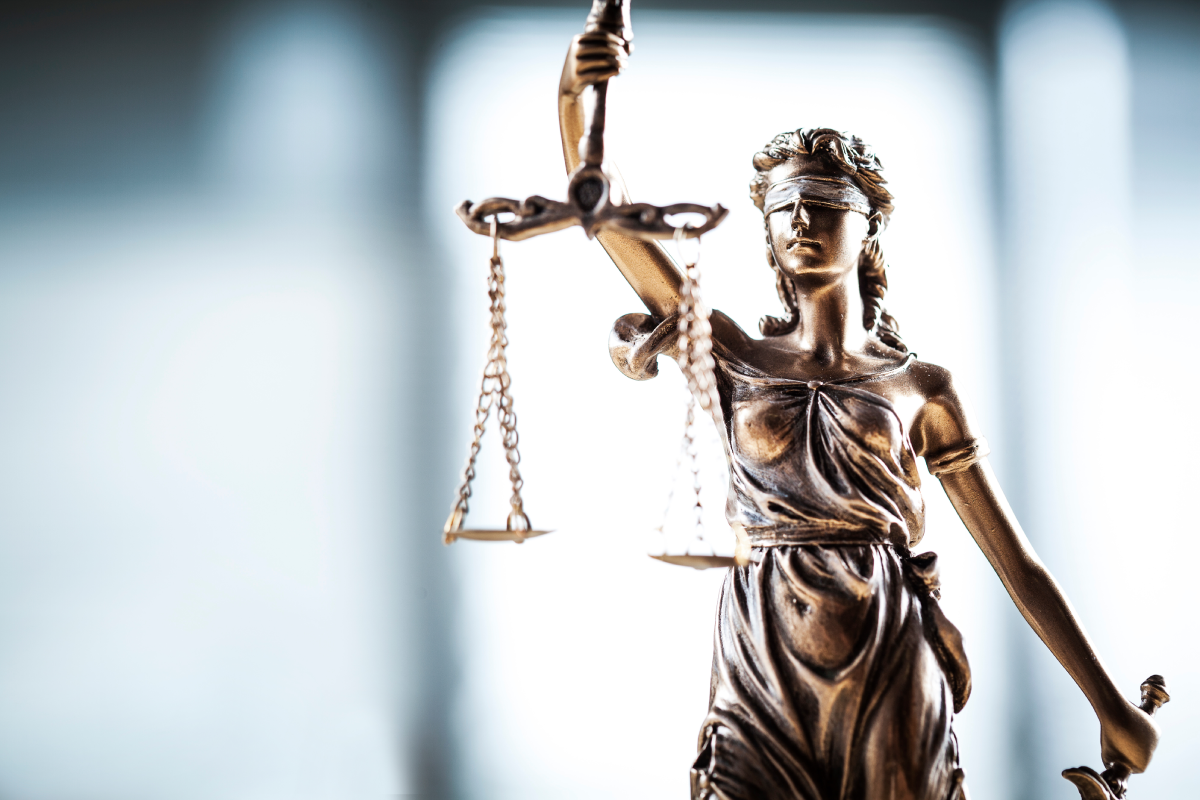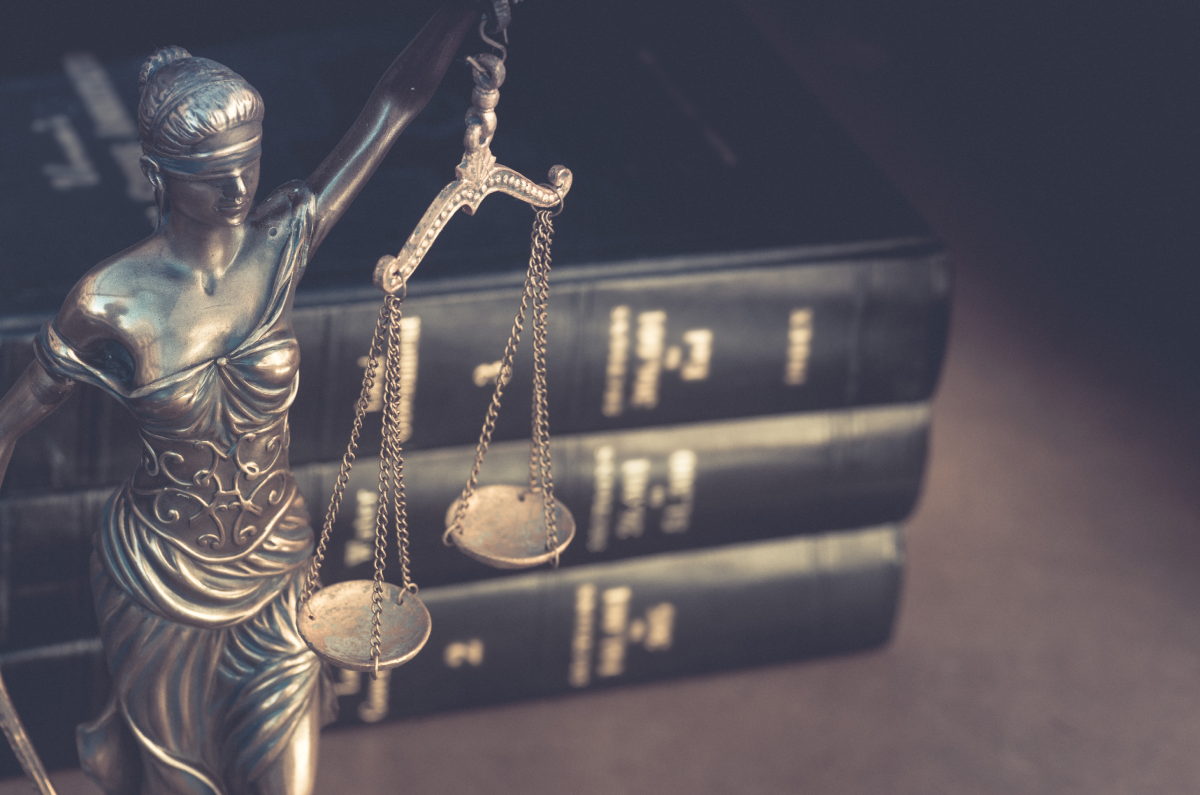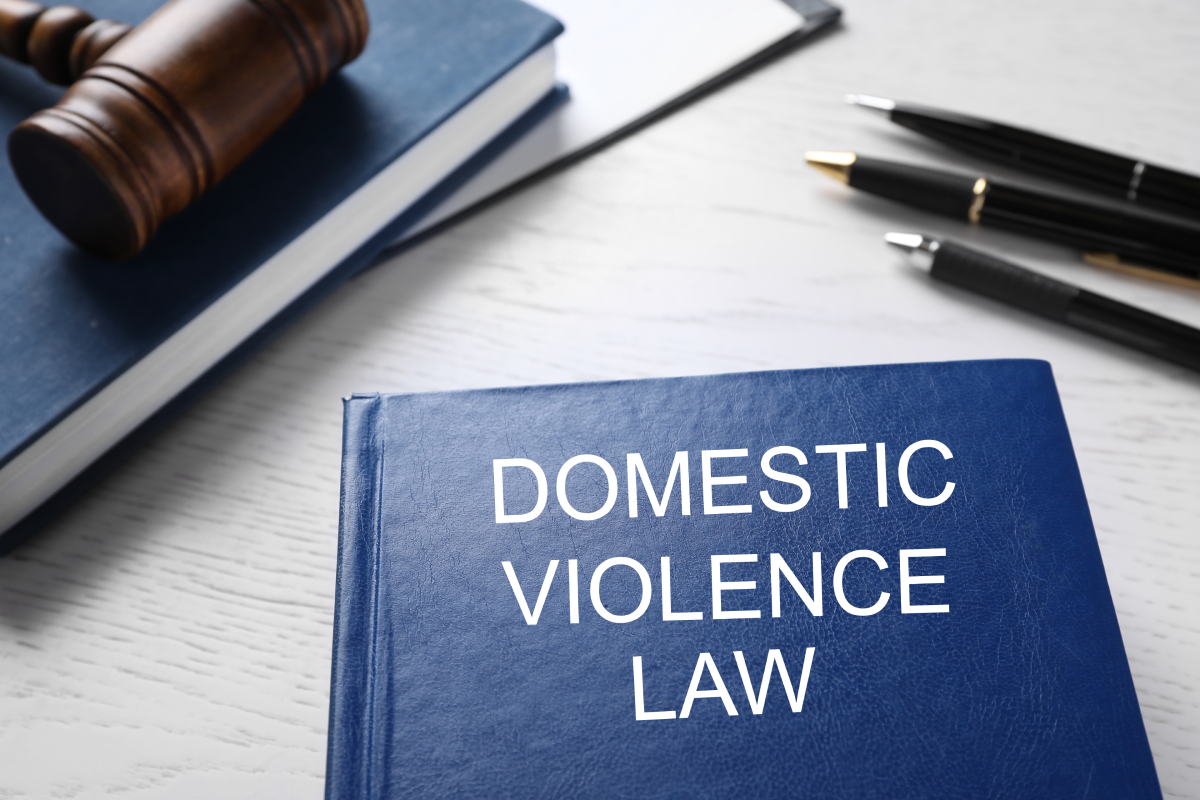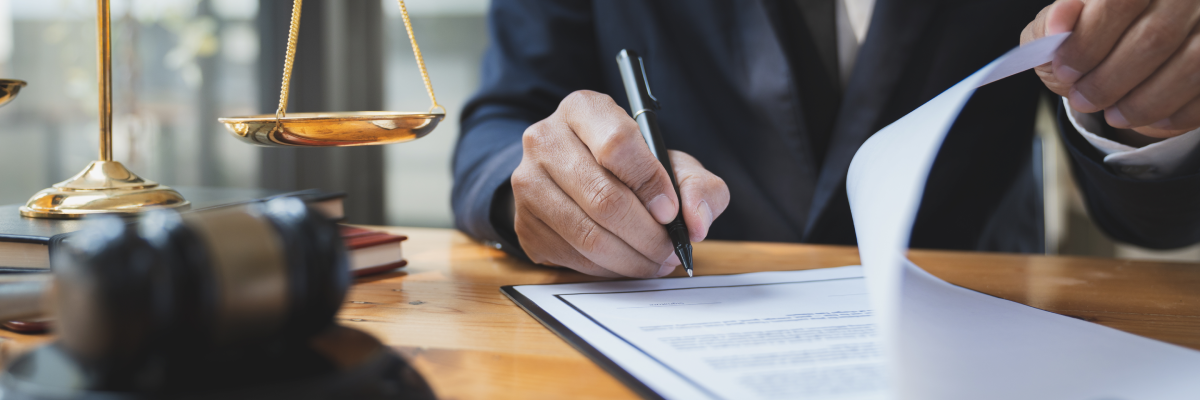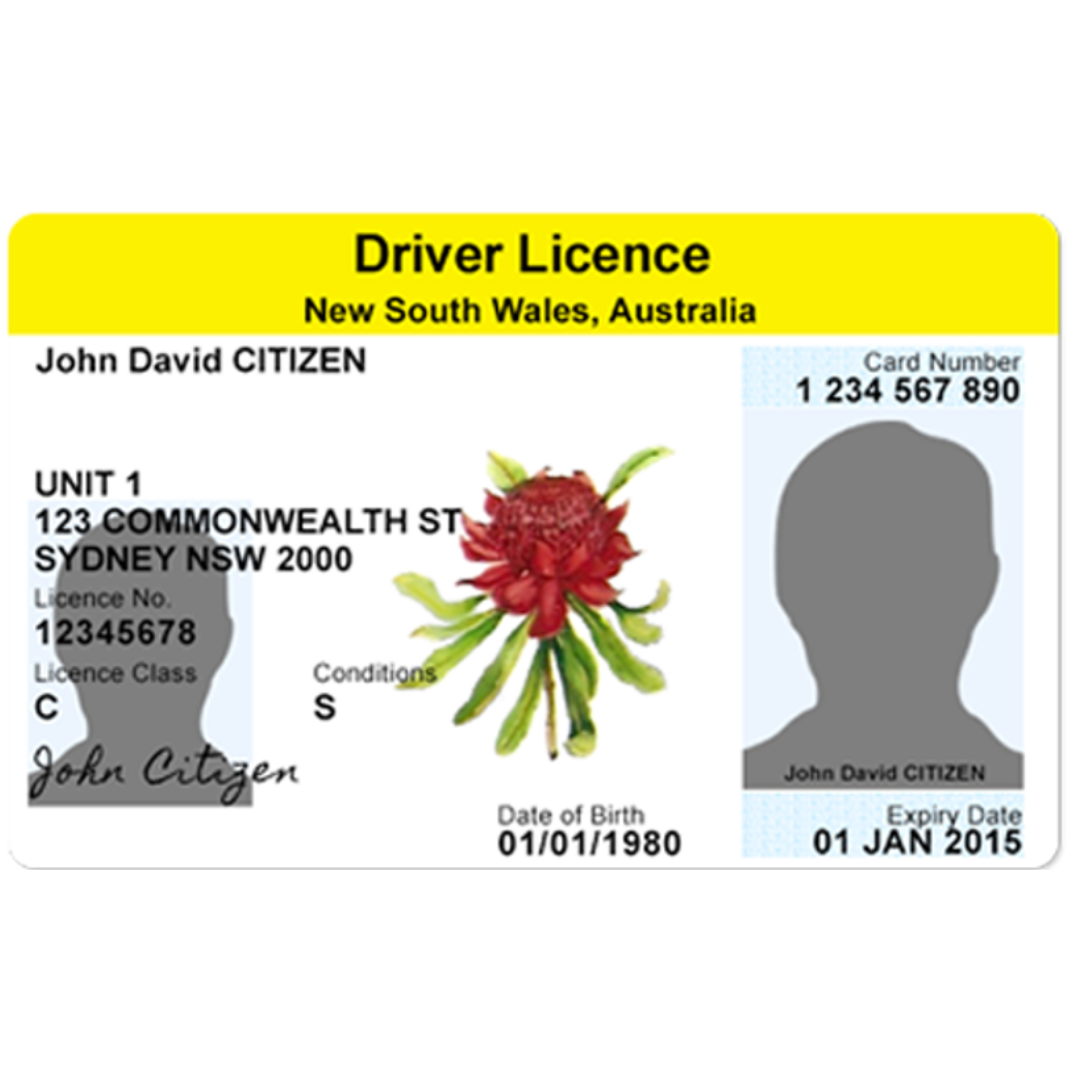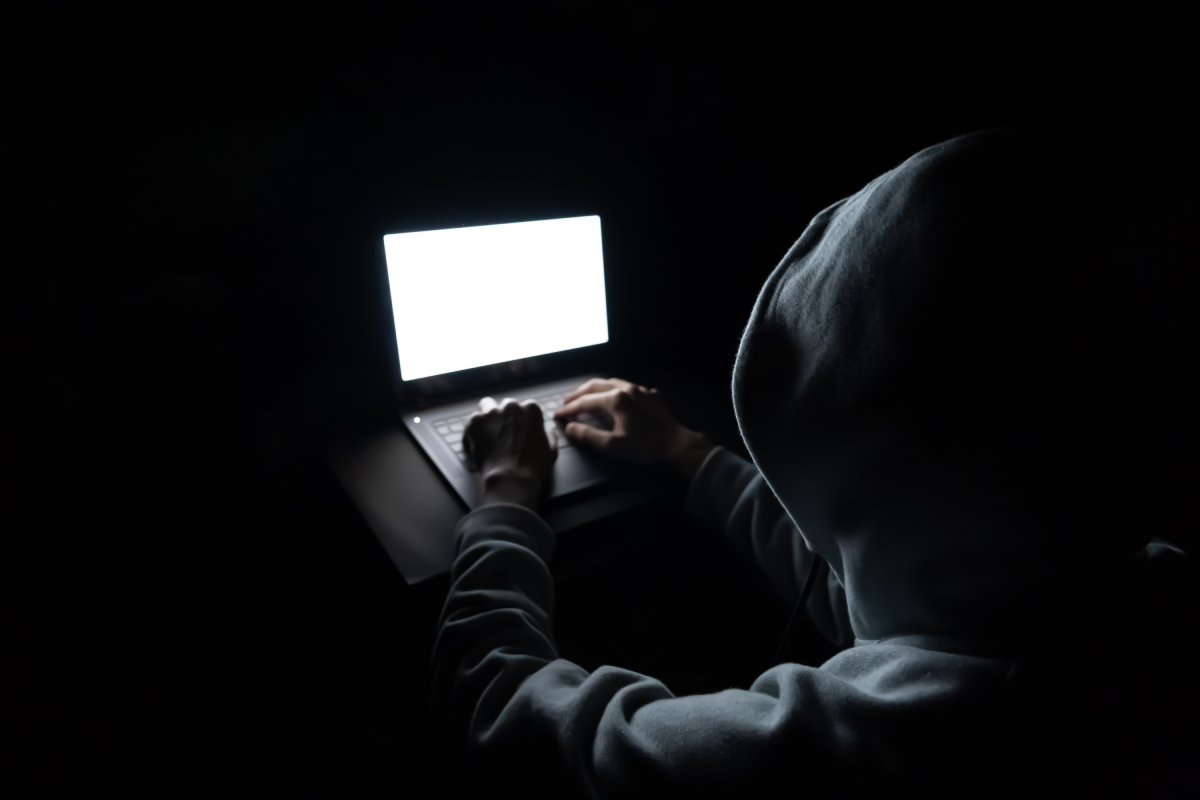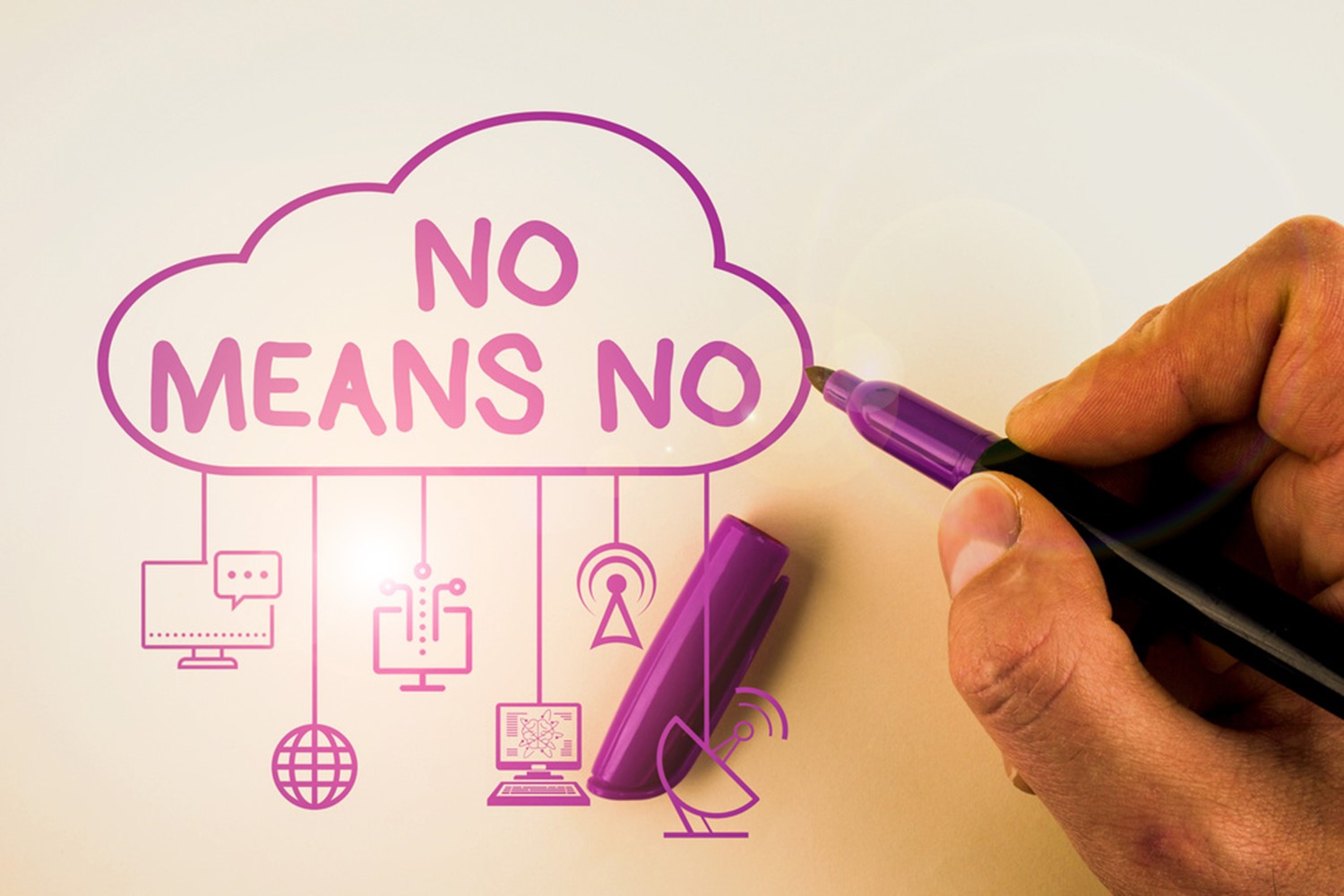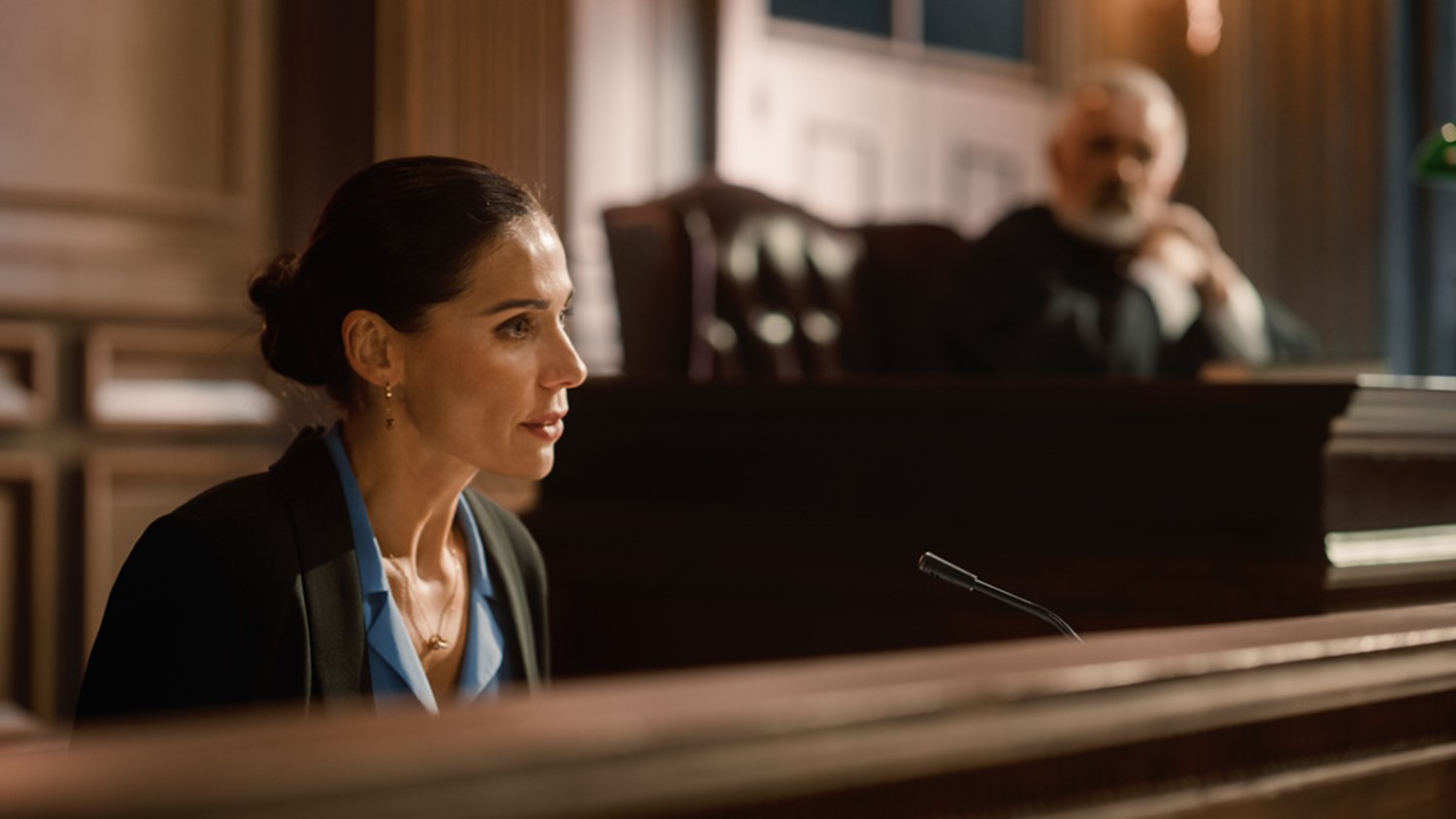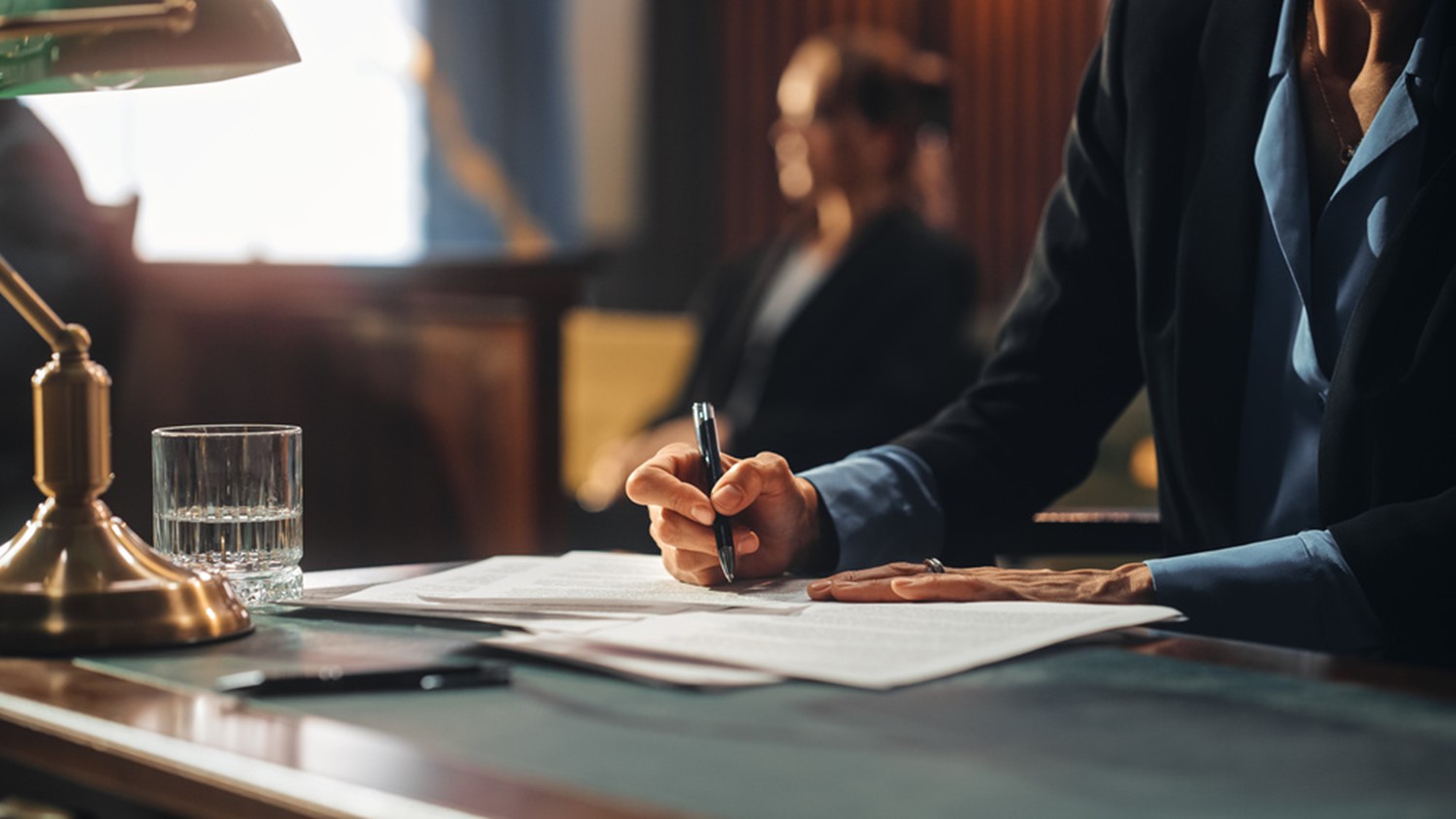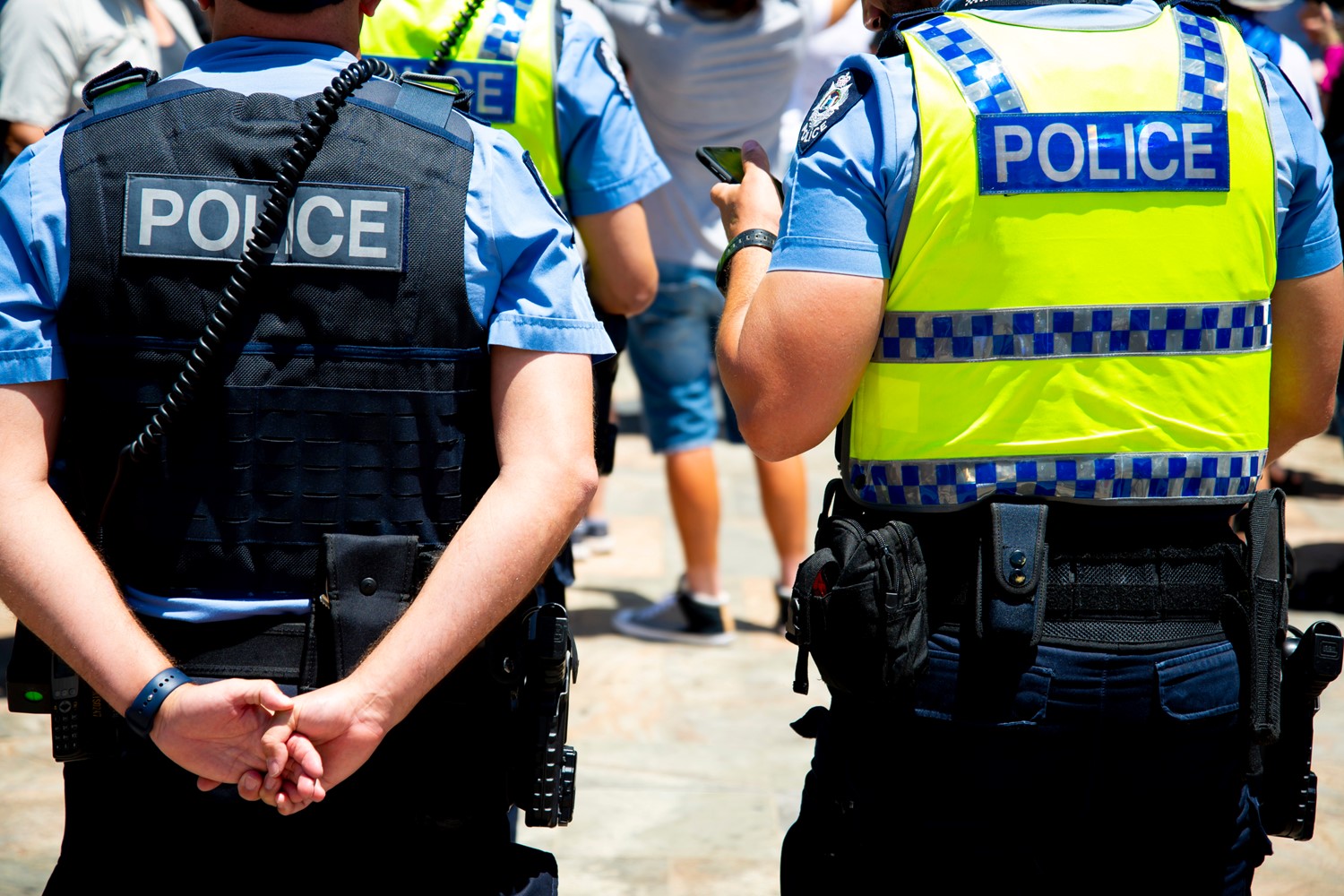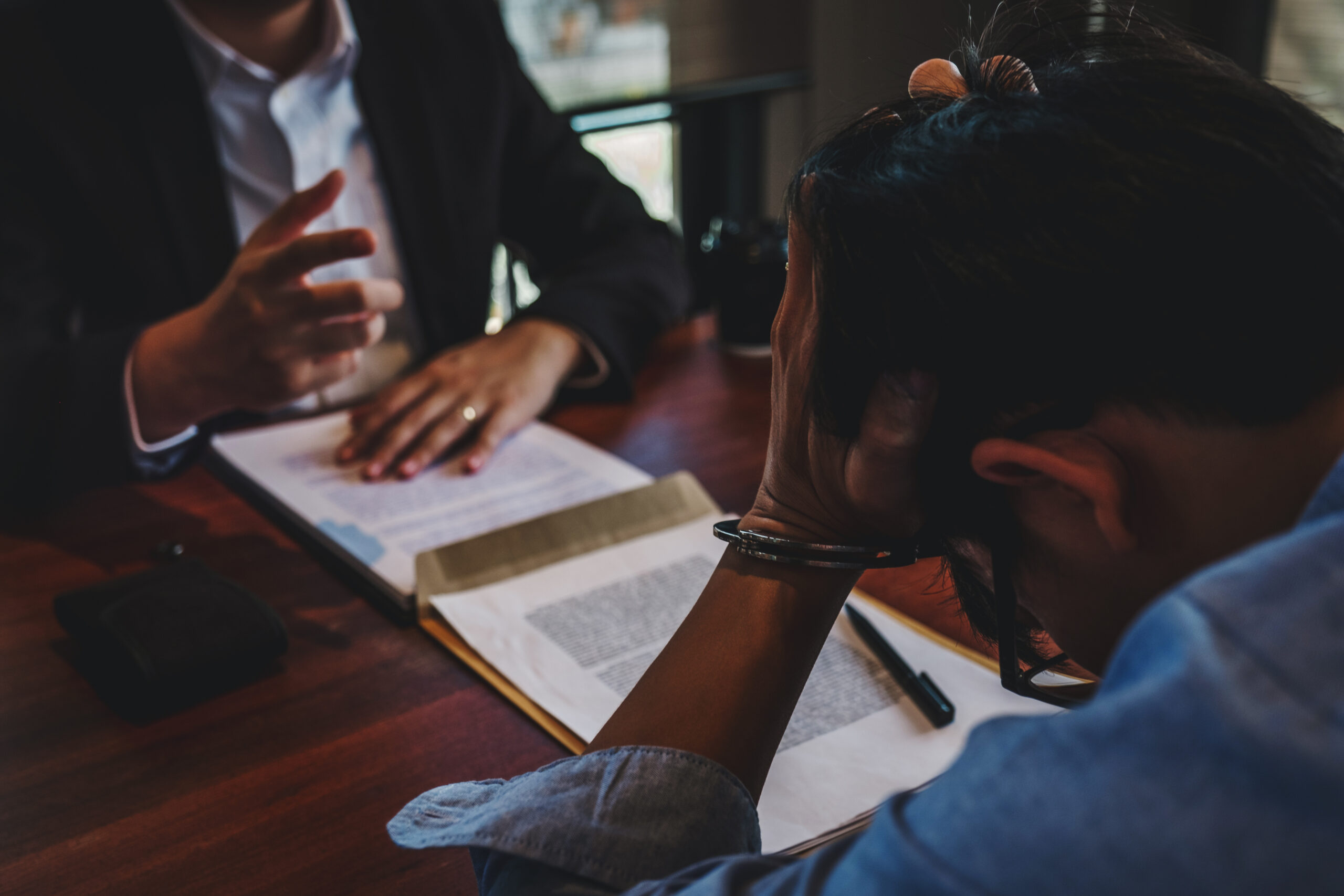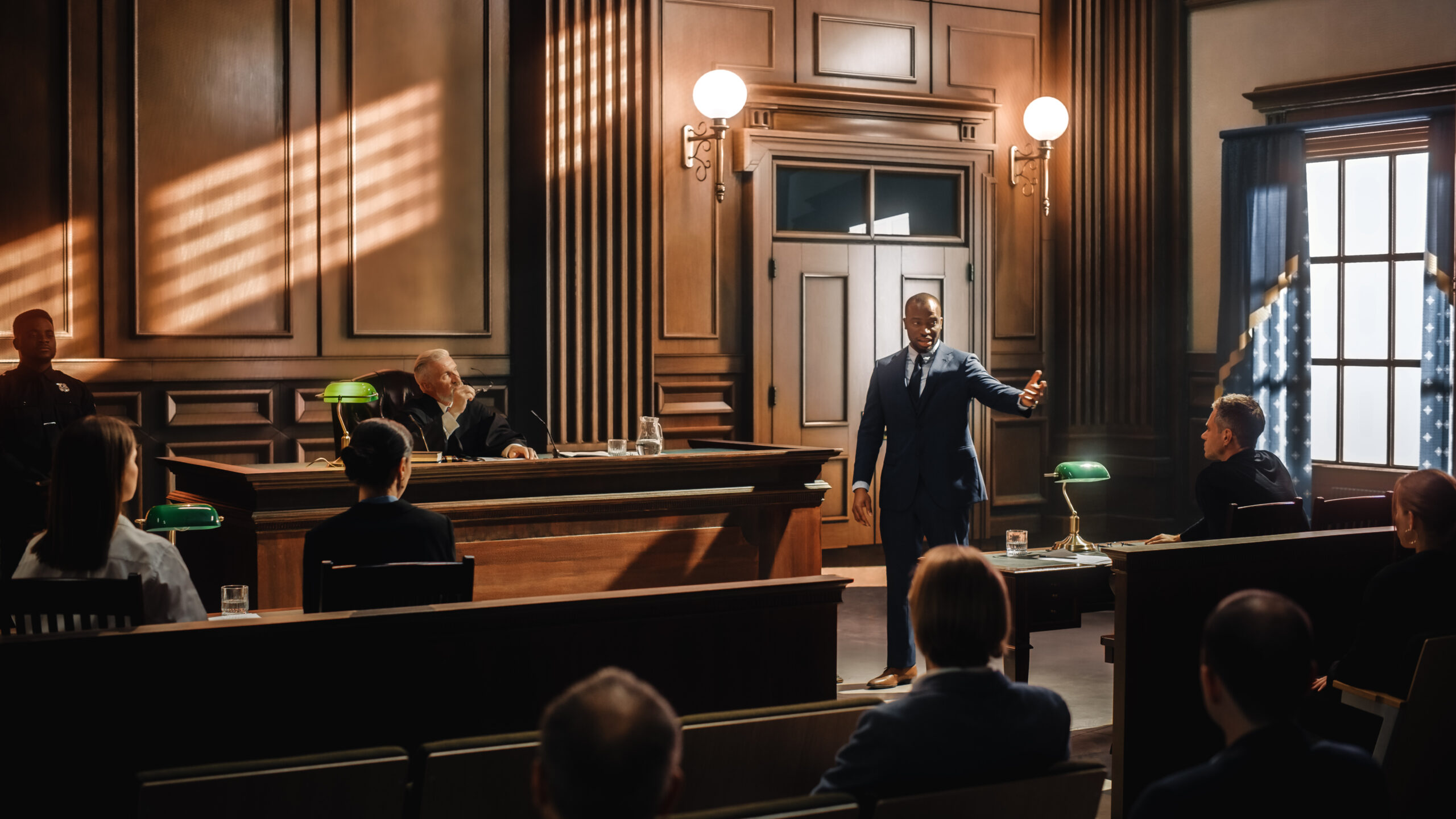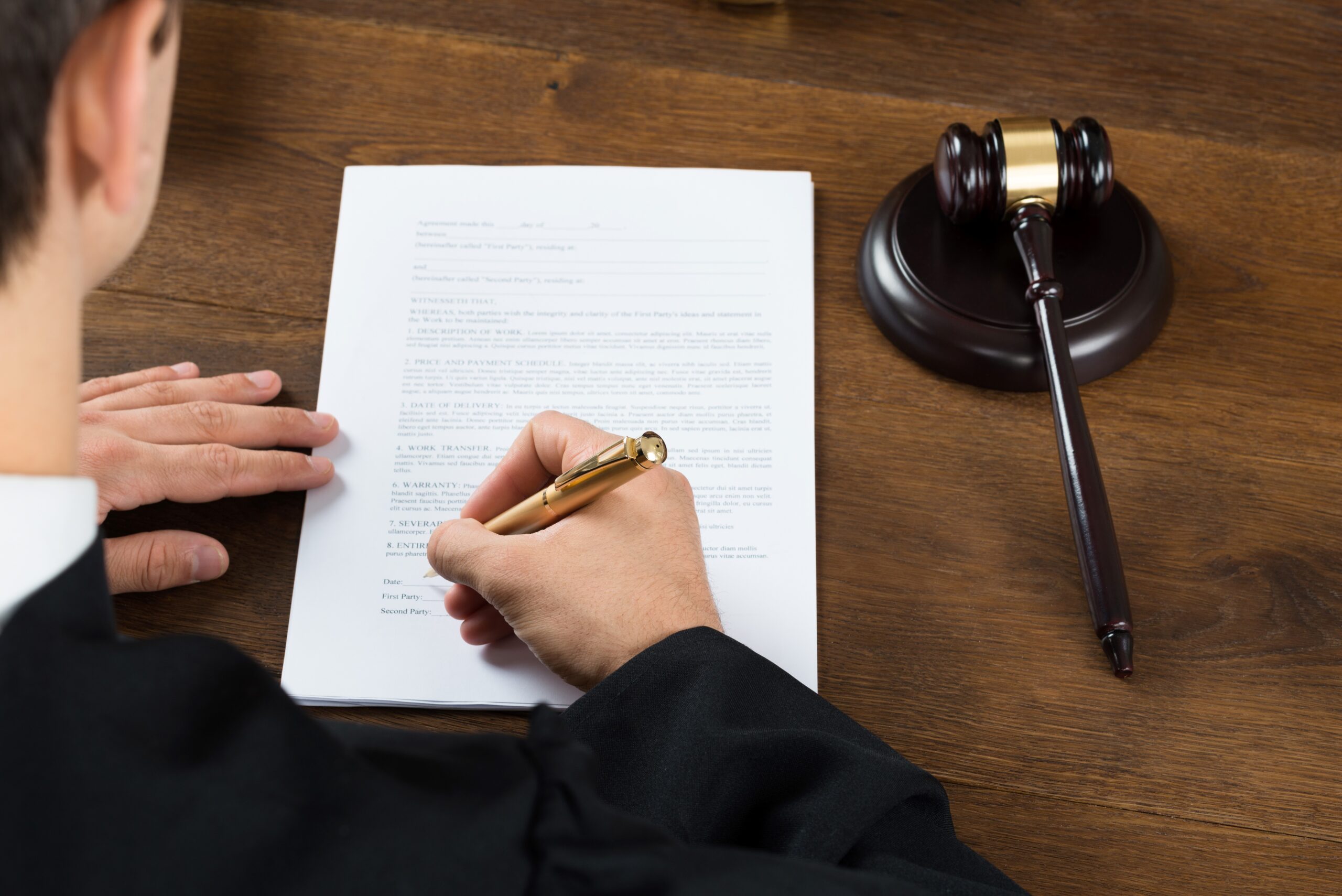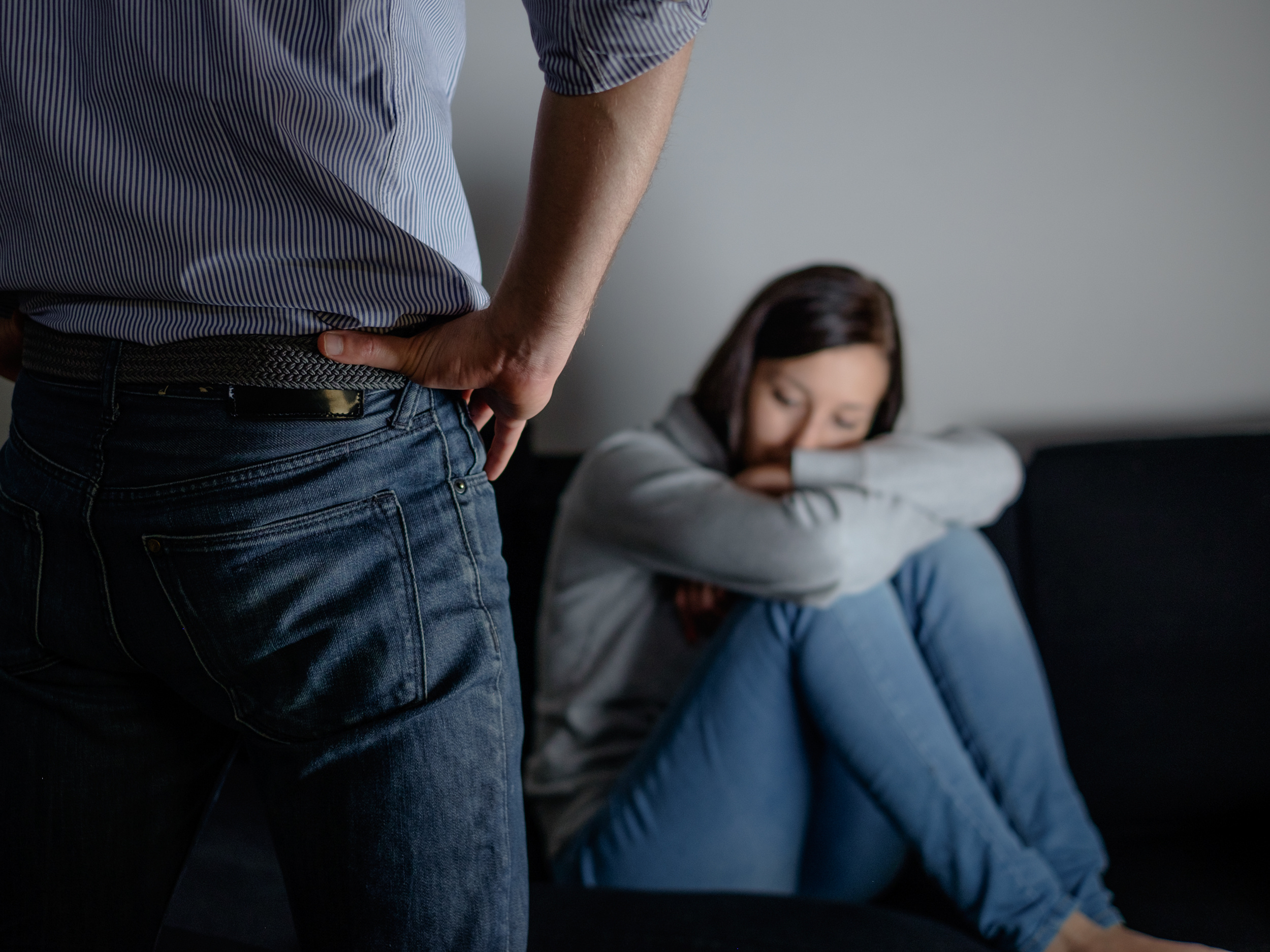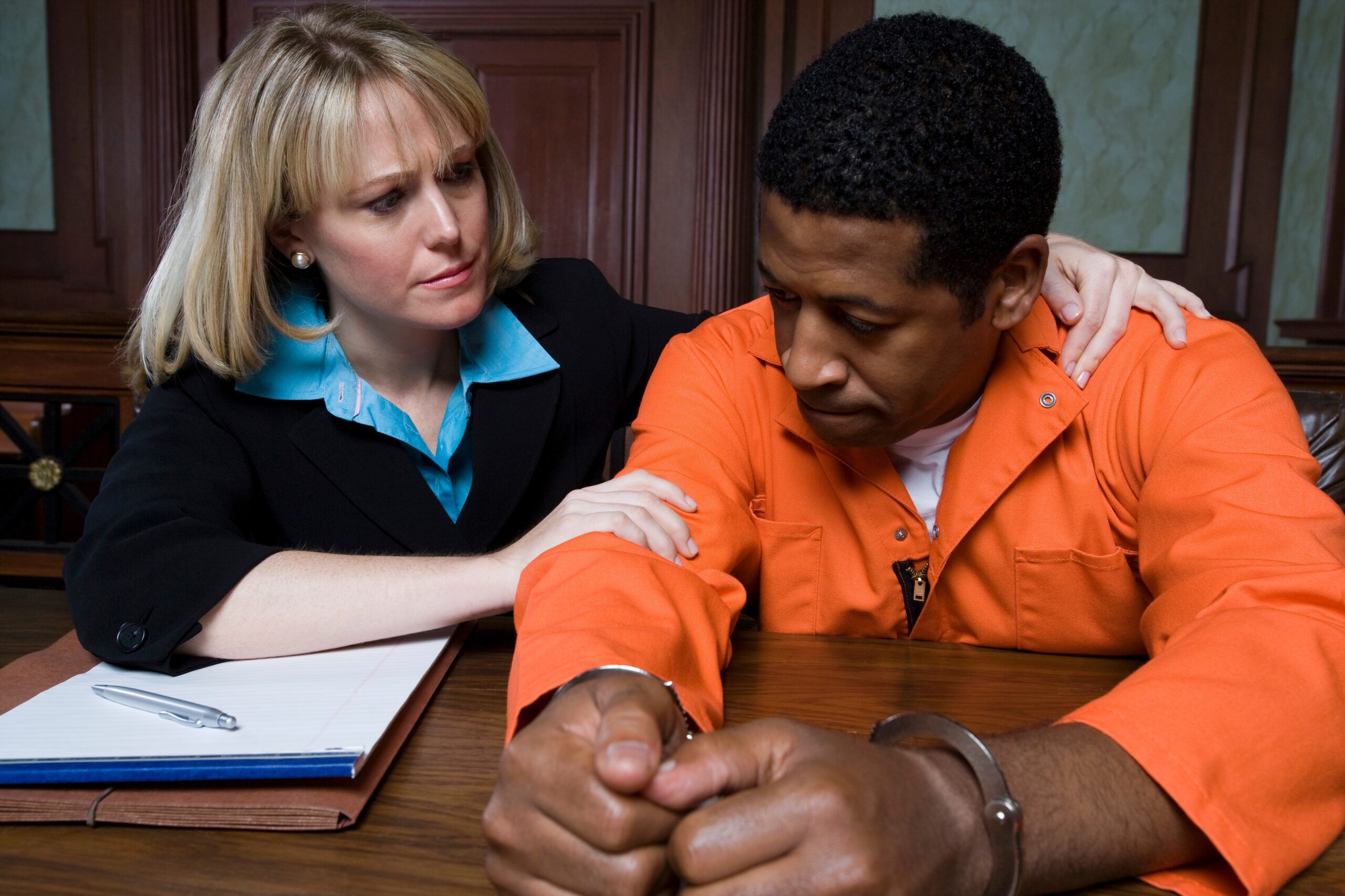Key Takeaways
- In most states, all parties involved must consent to recording a private conversation. Exceptions include public spaces and situations involving self-protection.
- Recording without consent can lead to fines, imprisonment, and civil lawsuits for breaching.
- If unsure about the legality of a recording, consult a lawyer to understand your rights and potential courses of action.
Table of Contents
Is It Illegal To Record Someone Without Consent?
In NSW, recording a private conversation is generally prohibited unless all parties consent. A party to the conversation may record without all-party consent if it is reasonably necessary to protect their lawful interests or if the recording is not made for publication to non-parties.
Audio recordings of private conversations are restricted under s 7. Visual recording is regulated differently (s 8) and by Crimes Act offences (e.g., voyeurism, intimate images). However, law enforcement may use surveillance devices under warrants or emergency authorisations. Publication of recorded material is tightly controlled; there is no broad journalism/public-interest exception for private actors. In states like Victoria, there is a one-party consent law, meaning that the recording is considered permissible and legal as long as one party consents. Thus, it is important to understand the law in your state or territory to grasp the legal implications of recording conversations.
Is It Illegal To Record A Conversation Without Consent In Australia?
Recording a conversation without the consent of all parties is illegal. However, there is an exception, and the laws surrounding this are based on federal, state, or territory legislation. Australia uses a dual legal system in which federal and state or territory laws work together. Therefore, the application of these laws is determined by the circumstances.
It is important to understand the legality of recording someone, especially when the person requires high levels of privacy. In most states in Australia, there is a requirement that all parties need to give their consent for the recording to be lawful. However, in areas such as Queensland, it allows for one-party consent to record private conversations, where one party can consent to record either audio or video conversations. Thus, it is deemed legal in that state. However, in other states, you will need consent from all parties for the recording to be considered legal.
There are exceptions when public interest is involved. Western Australia, South Australia, and the Northern Territory allow such situations. When recordings are necessary to protect someone’s interests, they will be handled case-by-case.
Recorded someone without consent? We are here to help!
Unsure about the legality of recording someone without their consent? Our experienced lawyers can provide clear guidance and help you navigate the legalities of recording.
Schedule a consultation
Rules For Recording Conversations Without Consent In NSW
In NSW, recording conversations without consent is illegal. This applies to both audio and video recordings. Thus, all parties must consent for the recording to be considered legal. This law has important implications for both the individual and the organisation. For instance, employers must ensure that all employees are aware of recording conversations at work. Therefore, companies should implement and communicate policies regarding recording in the workplace and the legal implications of doing so.
However, scenarios where recording without consent may be deemed legal include self-protection, public spaces, and legal proceedings to protect the lawful interests of all parties. It is important to note that recordings may be permissible if they are complex, and it is advisable to seek legal advice before making any recordings without consent.
Can Someone Record You Without Your Permission?
Someone recording you without your permission would depend on certain states and territories’ context and the law. Let us look at some key understandings:
- If parties ought reasonably to expect to be overheard, it’s not a ‘private conversation’. Visual recording is unlawful in NSW where it involves entry/interference or specific Crimes Act offences (e.g., filming private acts or private parts).
- In certain states, there is a mix of one-party consent, where a person can record if one party gives their consent.
The legal consequences of recording someone without their consent can be deemed a privacy breach, and legal action can be taken. In some states, visual recording of a private conversation or activity is considered a violation and can result in fines and imprisonment. However, this is not the case if it is to serve the public interest, for the protection of lawful interests and if it was authorised legally.
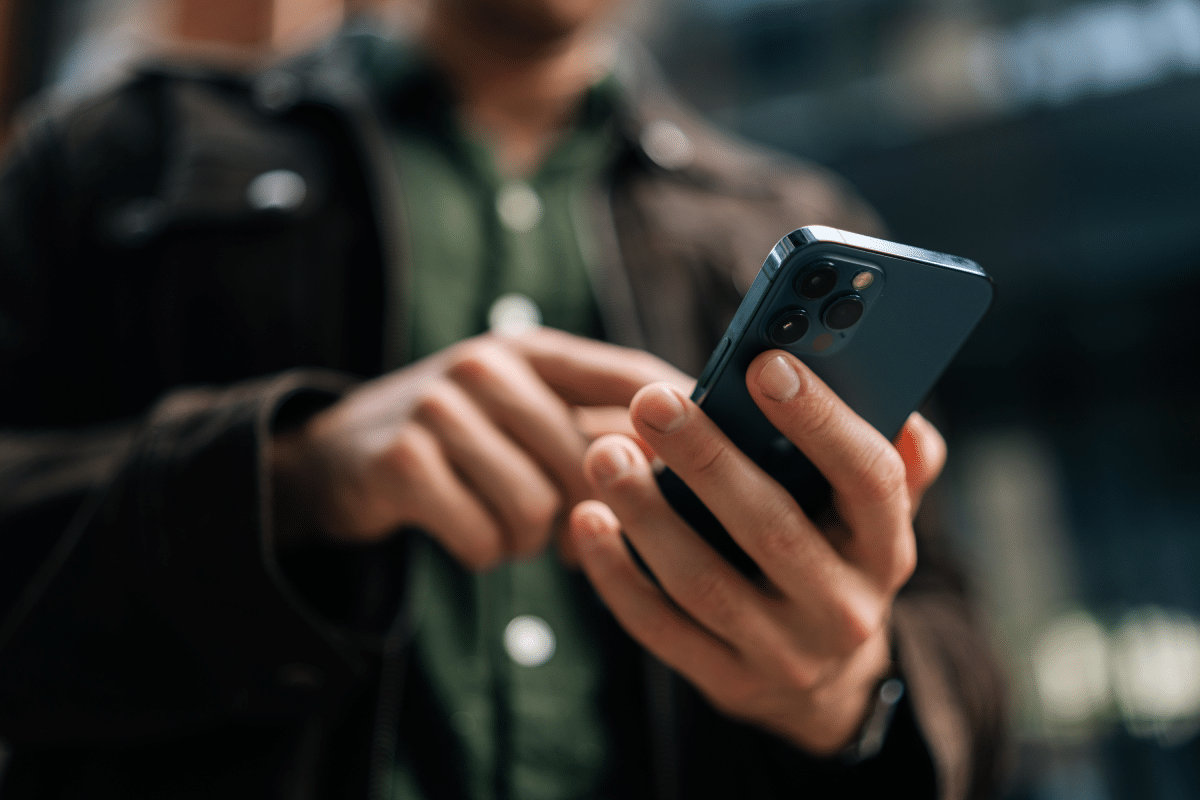
Can I Sue Someone For Recording Me Without My Permission In Australia
You can sue someone for recording with your permission. This depends on the circumstances, the legality of the recording and where it was recorded. For instance:
- If it is a private conversation, it is generally seen as illegal. However, if it was conducted in an area where one party’s consent is needed, it must be reevaluated.
- If you were recorded in a public space, this is permissible. However, it can be seen as illegal if it is considered intrusive.
- There may be exceptions for specific lawful interests, such as those conducted by law enforcement officers or for journalism.
However, you should take legal action if you feel you have been recorded illegally. It is important to speak to a lawyer knowledgeable about privacy laws who can understand the potential outcome of a lawsuit.
Don’t face recording issues alone.
Recording laws can be complex and vary depending on your location. Our skilled lawyers can advise you on the legalities of recording in your specific situation.
Find out more!
When Can Secret Recordings Be Used As Evidence In Legal Cases?
Secret recordings can be used as evidence on a case-by-case basis. These factors are determined for family law or disputes in workplaces where secret recordings are contentious and necessary. Secret recordings can be used as evidence if they are relevant to the case and do not violate surveillance and privacy laws.
- The recording must have a proper chain of custody to ensure integrity.
- The court determines the probative value of the recording.
- The recording should not breach privacy laws.
In family law, recordings are used in custody disputes, abuse, and divorce. Thus, secret recordings may be used in legal proceedings if they are needed to protect the interests of the person, are important for the welfare of the children, or are used to control the other party. In workplace disputes, secret recordings can be used to address issues such as discrimination, misconduct, and harassment.
Defenses And Exceptions For Recording Without Consent
Recording a conversation without consent requires the consent of all parties. If all parties did not consent, it is deemed illegal unless it is recorded in an area where only one person’s consent is needed. Moreover, a party may record if it’s reasonably necessary to protect their lawful interests.
Exceptions to recording laws in certain areas in Australia occur when there is serious violence and criminal behaviour, as used by law enforcement and journalism, or when one party’s consent is sufficient for recording.
The Criminal Law Group can help individuals navigate the complexities of recording laws and ensure compliance. They can also assist individuals in understanding their rights and potential courses of action, especially in contentious situations. Seeking legal advice is crucial to ensure that recordings are handled legally and ethically and to avoid issues that could affect legal outcomes. It is also important to determine how to prepare for consultation at a criminal law firm and to understand a guide to finding the best Sydney defence lawyers.
Get legal advice on recording laws.
Don’t risk legal trouble by unknowingly recording someone illegally.
Book us today!
Do You Have To Notify Someone That A Call Is Being Recorded?
In NSW you don’t always have to tell the other party you are recording; however, you generally cannot publish/communicate the recording to non-parties.
Failure to inform the parties that the call is being recorded would result in legal consequences, such as fines and sanctions. Scenarios where explicit notification might not be necessary include fulfilling a contract, legal obligations, or protecting the intestines of someone or parties. However, even in these cases, gaining consent from all parties is still advisable to avoid any legal implications.
What Are The Legal Consequences Of Recording Without Consent?
Recording without consent can lead to legal consequences, both criminal and civil. Let us look at the repercussions:
- Criminal penalties include fines of up to $5,500 and imprisonment of up to 5 years for recording without consent. The penalty can differ by state or territory.
- Civil lawsuits involving invasions of privacy can result in monetary compensation for violating the Privacy Act. Damages can also be requested to reflect the severity of the privacy violation.
- Sometimes, the court may issue a cease-and-desist order for unauthorised recordings to prevent further violations.
The long-term implications include legal precedents that may affect future cases, damage to professional and personal reputations, and ongoing legal costs for criminal and civil lawsuits. It is also important to know the extent of the crime and what is a criminal lawyer and why do criminal lawyers defend criminals in this instance.
We are here to help understand recording laws.
Our team of lawyers is here to answer your questions and provide legal guidance on recording someone with or without consent.
Connect with us now!
How Can You Tell If Someone Is Recording You With Their Phone?
Here are some signs to determine if someone is recording you with their phone:
- If the person appears or sounds like they are sticking to a script.
- The person might hold the phone awkwardly or be concerned about how their phone is placed.
- If the person keeps asking you to speak louder or ensure you are in a visible line of sight.
Recording someone without their consent is illegal, except when there is a reasonable expectation of privacy. Checking for recordings is ethical if you suspect your privacy is being violated. However, it is also important to remember to respect another person’s privacy and not engage in intrusive or harassing behaviour.
A few technologies can be used to determine if there are covert recording devices, such as RF detectors, anti-spy detectors, and certain mobile apps that can detect if your phone’s microphone is being used without your knowledge.
Can You Record Video Calls Without Everyone’s Permission?
Recording the audio of a private video call is restricted under section 7 (with exceptions). Visual recording depends on section 8. Recording a private conversation, whether audio or video, is considered a breach of privacy. Screen recording or capturing a device during a video call is also considered a breach of privacy. However, it is considered permissible if the recording is for personal use or protection.
If the recording of a video call is deemed to be in the public interest, such as exposing wrongdoing or gathering evidence for a criminal investigation, it might be permissible.
It is essential to note that the laws regarding video call recordings can be complex and vary by jurisdiction. Before recording any video call, it is crucial to understand the specific laws and regulations in your state or territory and, if possible, obtain consent from all parties involved. If in doubt, it is always best to consult with a legal professional for advice.

